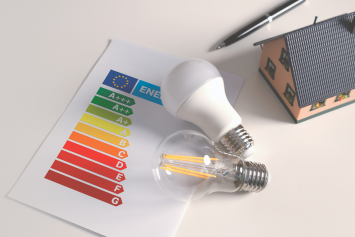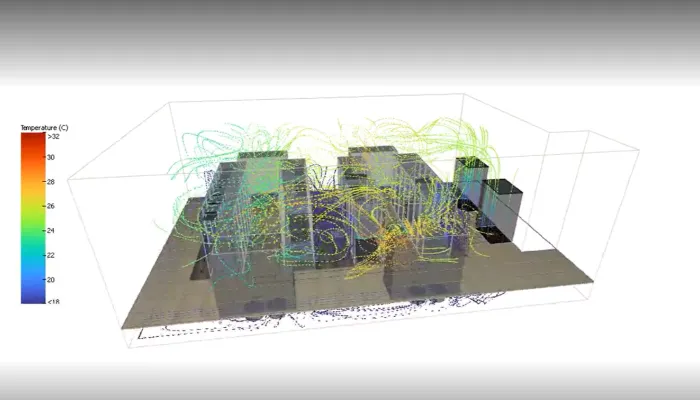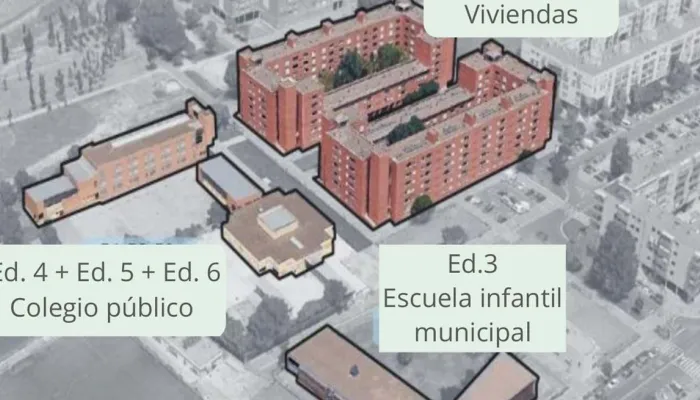You may have to renew your building's energy certificate this year and not know it

What is a building energy certificate?
The energy efficiency rating of a building, or part of it, is expressed synthetically on a label Energy Saving Energy Certification, using a series of letters from A (highest efficiency) to G (lowest efficiency), and referring to both CO2 emissions and non-renewable primary energy consumption.

The purpose of this certificate is to provide objective information on the energy efficiency of the building to the consumer public so that they can compare and evaluate this aspect in their decision to buy or rent.
How do I know when to renew the energy certificate of a building?
The responsibility for having and maintaining the building's energy certificate in force is the responsibility of the owner of the property. This rating is mandatory for both the sale and rental of the property and affects both new and existing buildings. It is also interesting to propose a renovation after renovations when a better rating can be obtained.
But how do I know when it is time to renew it? You only need to check the date of issue. The validity date of the certificate is 10 years except if the energy rating is G, which is reduced to 5 years. Therefore, as 10 years have passed since RD 235/2013 regulating the energy certification of buildings was published, today repealed by RD 390/2021, it is very possible that this year it is your turn to renew it. Failure to do so could result in a financial penalty.
In addition to taking into account the expiration date, the energy certificate will be a valid document if its calculation methodology and minimum information comply with those established by RD 235/2013, if it has been prepared by a technician or specialized company and if it has been registered with the competent body in this area of the autonomous community that corresponds to the property.

What type of buildings are affected by the renewal of the energy certificate?
- Newly constructed buildings.
- Existing buildings or parts of buildings that are sold or rented to a new tenant.
- Buildings or parts of buildings owned or occupied by a Public Administration with a total useful surface area of more than 250 m2.
- Buildings or parts of buildings in which renovations or extensions are carried out (renovation of thermal installations, modifications of more than 25% of the thermal envelope, extensions in which the surface area is increased by more than 10%...).
- Buildings or parts of buildings with a total useful surface area of more than 500 m2 for administrative, health, commercial, public residential, educational, cultural, recreational, catering, sporting, etc. uses.
- Buildings that are required to undergo a mandatory Technical Building Inspection or equivalent inspection.
How can CIRCE help you?
CIRCE, with more than 30 years of experience in the field of sustainable building, can help you renew the energy certificate of your building in an agile way due to the extensive experience of the technology center in the construction sector. The renewal of the energy certificate of the building can be a first step to have an updated reference, being able to continue advancing in sustainability by obtaining more advanced certifications that put the value of its environmental and sustainability commitment such as LEED or BREEAM.
In this way, CIRCE can comprehensively accompany the client in the process of identification and simulation of energy saving measures, as well as in the identification of financing mechanisms to carry them out.

Latest news






